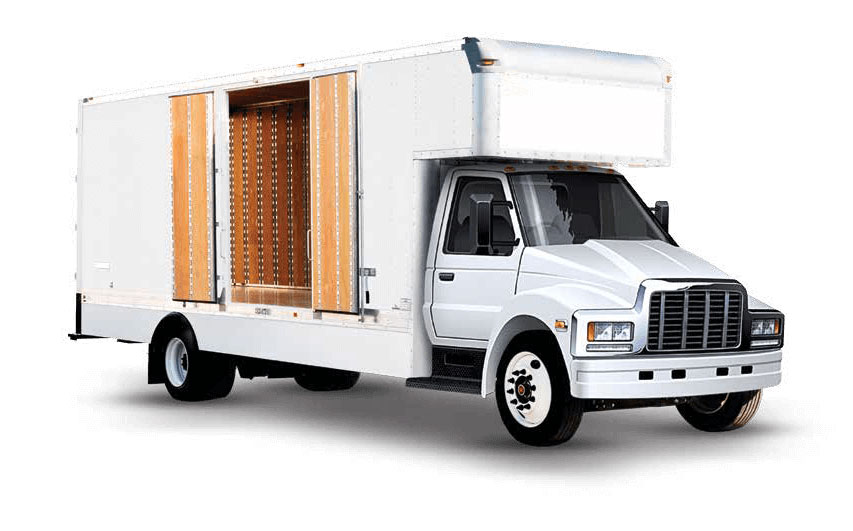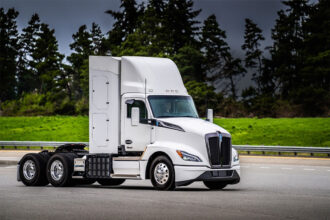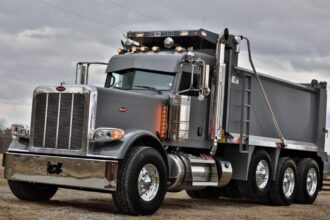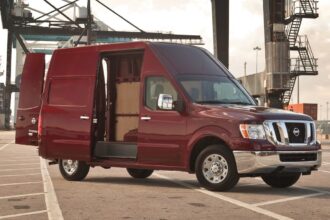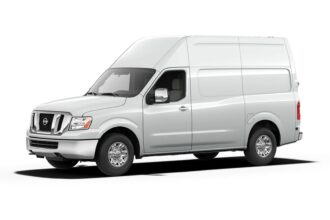Table of Contents
Introduction
Do you need authority for a furniture truck? This question cuts to the core of the regulations governing commercial transport. Authority, in this context, refers to the legal permission granted by federal or state agencies to operate a commercial vehicle for transporting goods.
A furniture truck, designed specifically for moving furniture, must comply with specific regulations to ensure safety and legality. Understanding whether you need this authority depends on factors such as the type of goods you intend to transport, the geographical area of operation, and the weight of your vehicle.
Navigating these rules can be complex, but knowing the requirements is crucial for avoiding penalties and ensuring smooth operations. You must stay informed about the latest regulations to operate legally and efficiently.
Do I Need Authority for a Furniture Truck?
1. Determine Vehicle Weight
2. Identify Cargo Type
3. Check State Requirements
4. Review Federal Regulations
5. Confirm Operation Area
6. Obtain Necessary Permits
7. Verify Insurance Coverage
8. Maintain Compliance Records
Recap
1. Determine Vehicle Weight
First, you need to determine the weight of your furniture truck to understand if you need authority. You must check the Gross Vehicle Weight Rating (GVWR), which indicates the maximum weight your truck can handle, including cargo.
This weight determines if your truck falls under specific regulatory requirements. If your truck’s GVWR exceeds 10,001 pounds, you likely need federal authority to operate. You must weigh your truck accurately, as exceeding weight limits without proper authority can lead to penalties.
Checking the GVWR ensures you comply with both state and federal regulations. Make sure you always keep your truck’s weight within legal limits and maintain proper records of your truck’s weight because it is essential. Don’t forget to update your truck’s weight information regularly to stay compliant.
>>>MORE: Is Furniture Truck Good Business?
2. Identify Cargo Type
You must identify the type of cargo you intend to carry with your furniture truck to determine the need for authority. Furniture, classified as household goods, often requires specific permits. You need to check if the cargo includes only furniture or other items.
Knowing your cargo type helps you comply with regulations for transporting household goods. You must ensure your cargo aligns with your operating authority’s classification. Be aware that transporting different types of cargo without the correct authority can result in violations.
Proper identification of your cargo ensures you meet safety and legal standards. You must maintain accurate records of the type of furniture or other goods you transport. Checking cargo type helps you avoid penalties and operate within the law.
3. Check State Requirements
You must check the state requirements for operating your furniture truck to determine if you need authority. Each state has its own regulations for commercial vehicles, so researching the specific rules in your state regarding truck operation and cargo transport is essential.
You need to ensure compliance with state-level permits and licenses to avoid legal issues and fines. Some states may have additional regulations for transporting furniture, making it crucial to understand intrastate versus interstate regulations.
Consulting your state’s Department of Transportation website provides up-to-date information, ensuring you meet state requirements and that your operations are lawful. Regularly reviewing state regulations is essential for continued compliance. Make sure you stay informed about state-specific rules because it keeps your furniture truck business running smoothly and legally.
>>>PRO TIPS: How to Start a Furniture Truck Business
4. Review Federal Regulations
It’s important you review federal regulations to understand the authority you need for your furniture truck. Federal regulations, governed by the Federal Motor Carrier Safety Administration (FMCSA), set the standards for commercial vehicles.
You need to determine if your truck requires a USDOT number or an MC number. Checking these requirements ensures you comply with federal laws. It’s also crucial you verify if you need operating authority for interstate transport, as this affects your legal standing.
Reviewing federal regulations also helps you understand important safety standards, including Hours of Service rules. You must maintain proper documentation to meet federal compliance. Ensuring your truck meets federal regulations protects you from fines and operational disruptions.
Don’t forget to regularly update your knowledge of federal rules because it is crucial for staying compliant. Understanding and following these regulations is essential for the lawful operation of your furniture truck.
5. Confirm Operation Area
Confirming your operation area is crucial to determine if you need authority for your furniture truck. You must establish whether your operations are intrastate or interstate. Intrastate operations involve transporting furniture within a single state, often requiring state-specific authority.
Interstate operations, crossing state lines, necessitate federal authority. You need to check the geographical areas you plan to serve. Confirming your operation area helps you comply with the appropriate regulations. You must also verify if any local jurisdictions have additional requirements.
When you understand the scope of your operations, you’ll be able to obtain the correct permits. You must stay informed about changes in regulations affecting your operation area. Take note that regularly reviewing your operation area helps you maintain compliance. Ensuring clarity about your operation area is essential for legal and efficient truck operations.
6. Obtain Necessary Permits
Make sure you obtain the necessary permits to legally operate your furniture truck. Securing the right permits ensures you comply with state and federal regulations. You need to apply for a USDOT number if your truck engages in interstate commerce.
For intrastate operations, you must check state-specific permit requirements. Obtaining the correct permits prevents legal issues and penalties. You must ensure all permits are up to date and properly displayed on your truck. Regularly reviewing permit requirements helps you stay compliant with changing regulations.
You need to understand that different types of cargo might require additional permits. Ensuring you have the right permits demonstrates your commitment to regulatory compliance.
>>>PRO TIPS: Peterbilt vs Freightliner Trucks
7. Verify Insurance Coverage
Verifying your insurance coverage is essential for operating your furniture truck legally and safely. You must ensure your truck has the required insurance to comply with state and federal regulations.
Insurance coverage must meet the minimum liability requirements for commercial vehicles. You need to confirm that your insurance covers the specific type of cargo, such as furniture, you transport. Verifying your insurance helps you protect your business against potential risks.
You must also check if additional coverage is needed for interstate operations. Regularly reviewing your insurance policy ensures it remains adequate and up to date. You need to maintain proof of insurance in your truck at all times. Staying proactive about your insurance safeguards your business and operations.
8. Maintain Compliance Records
Don’t forget to maintain compliance records as it is vital for operating your furniture truck within legal boundaries. You must keep detailed records of your truck’s weight, cargo type, permits, and insurance. These records help you demonstrate compliance with state and federal regulations.
You need to ensure all documents are accurate and readily accessible. Maintaining records helps you avoid penalties during inspections or audits. You must regularly update your records to reflect any changes in your operations.
Proper documentation ensures you meet the authority requirements for your truck. You need to establish a systematic process for record-keeping. Ensuring thorough and organized records supports your business’s credibility and legal standing.
Be diligent with compliance records as it is essential for smooth operations. Demonstrating your commitment to maintaining compliance records enhances your business’s reliability.
Recap
To determine if you need authority for your furniture truck, you must consider your vehicle weight, cargo type, state requirements, and federal regulations. Understanding and complying with these factors ensures legal and efficient operations, helping you avoid fines and maintain proper documentation for smooth business operations.


